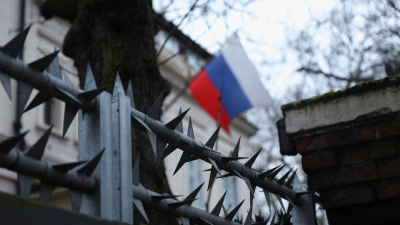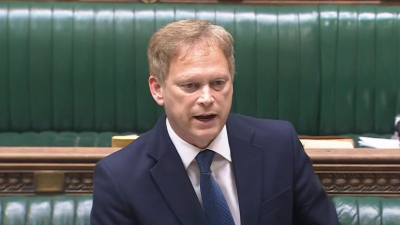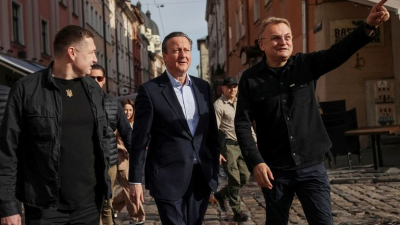India Prepares for Historic Parliamentary Elections: A Democratic Spectacle of Unprecedented Scale
India gears up for a monumental event as it braces to elect its new parliament, marking the world's largest democratic exercise with a staggering 970 million registered voters. Spanning seven phases from April 19 to June 1, encompassing 44 days, this colossal endeavor will be managed by a massive force of 15 million polling officials and security personnel. Across over a million polling stations, facilitated by 5.5 million electronic voting machines, the objective remains to ensure a fair and transparent election process.
With 18 million first-time voters and a significant 197 million young adults aged between 20 and 29 eligible to cast their ballots, the democratic spirit of the nation shines bright. The electoral battleground comprises 543 seats of the Lok Sabha, where any party or coalition must secure at least 272 seats to form a government. Anticipated results are slated for June 4, eagerly awaited by the nation and the world alike.
Among notable provisions, constitutional reservations allocate 25% of seats to members from marginalized communities, including scheduled castes and tribes. However, despite recent legislative efforts, the implementation of gender parity measures remains deferred until after 2024.
In the political arena, all eyes are on Prime Minister Narendra Modi, vying for a third term in office. The Bharatiya Janata Party (BJP) and its coalition, the National Democratic Alliance, stand poised for a potential landslide victory, building on their resounding success in the 2019 elections. Modi's leadership, characterized by a blend of religious identity, national pride, and developmental fervor, continues to evoke both adoration and criticism, cementing his status as the preeminent figure in Indian politics in the 21st century.
Critics are quick to label Prime Minister Narendra Modi as an authoritarian figure, often drawing comparisons to a polarizing politician emblematic of an Indian brand of fascism. Under his leadership, the cherished institutions and secular traditions of India have faced significant erosion, raising concerns among dissenting voices.
A contentious aspect of Modi's tenure lies in his approach towards the Muslim community, which constitutes approximately 14% of the population. Many lament his perceived silence in the face of egregious acts, such as the lynching of Muslim individuals over allegations related to cow meat trading or the controversial concept of Love Jihad. This silence is often interpreted as tacit approval, emboldening perpetrators and fostering an environment of fear and discrimination.
Furthermore, Modi's administration has been criticized for turning a blind eye to these instances, failing to address the underlying issues and provide justice to the victims. Despite these controversies, Modi remains a dominant force in Indian politics, his influence permeating both local and national electoral landscapes for over a decade.
In conclusion, the upcoming Indian parliamentary elections hold immense significance for the world's largest democracy. As Prime Minister Narendra Modi seeks a third term in office, the country stands at a critical juncture, grappling with deep-seated societal divisions and questions of political identity. While Modi's supporters praise his transformative leadership, his detractors remain wary of what they perceive as authoritarian tendencies and erosion of secular values. As the electoral process unfolds, the choices made by India's 970 million registered voters will shape the nation's trajectory for years to come, with profound implications for its diverse population and the broader geopolitical landscape.







